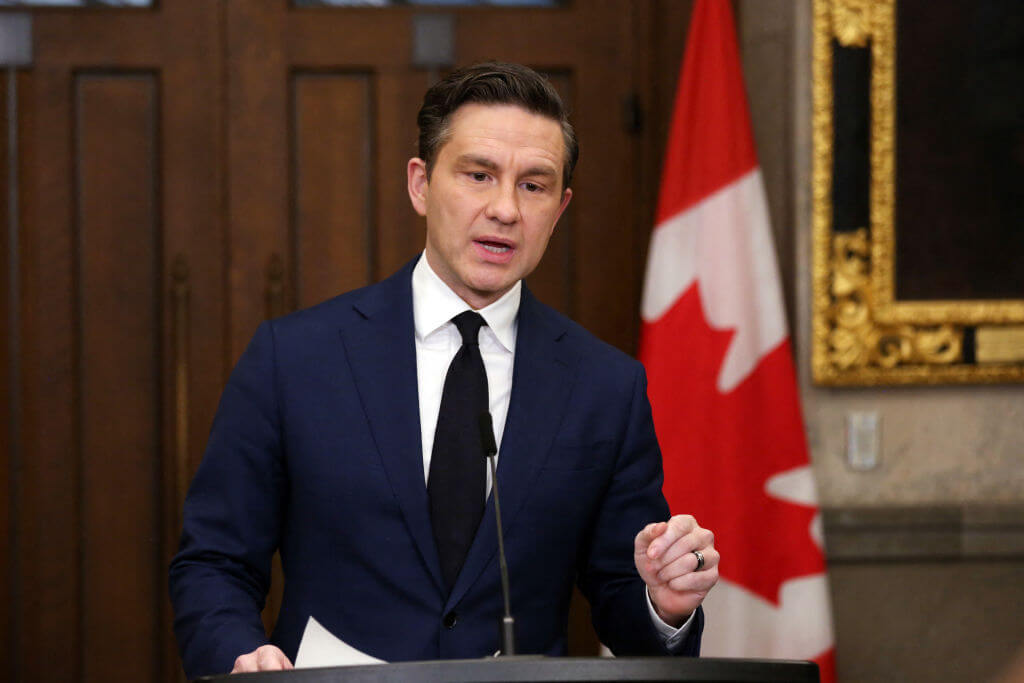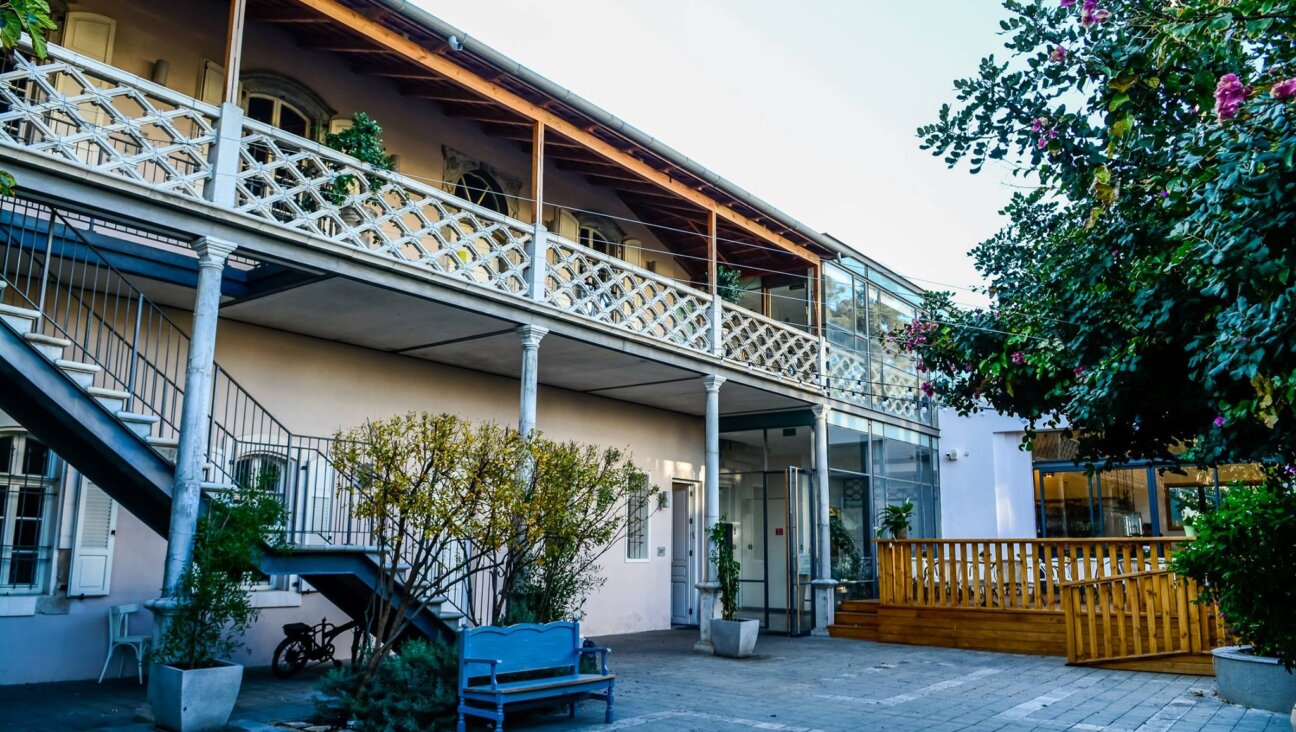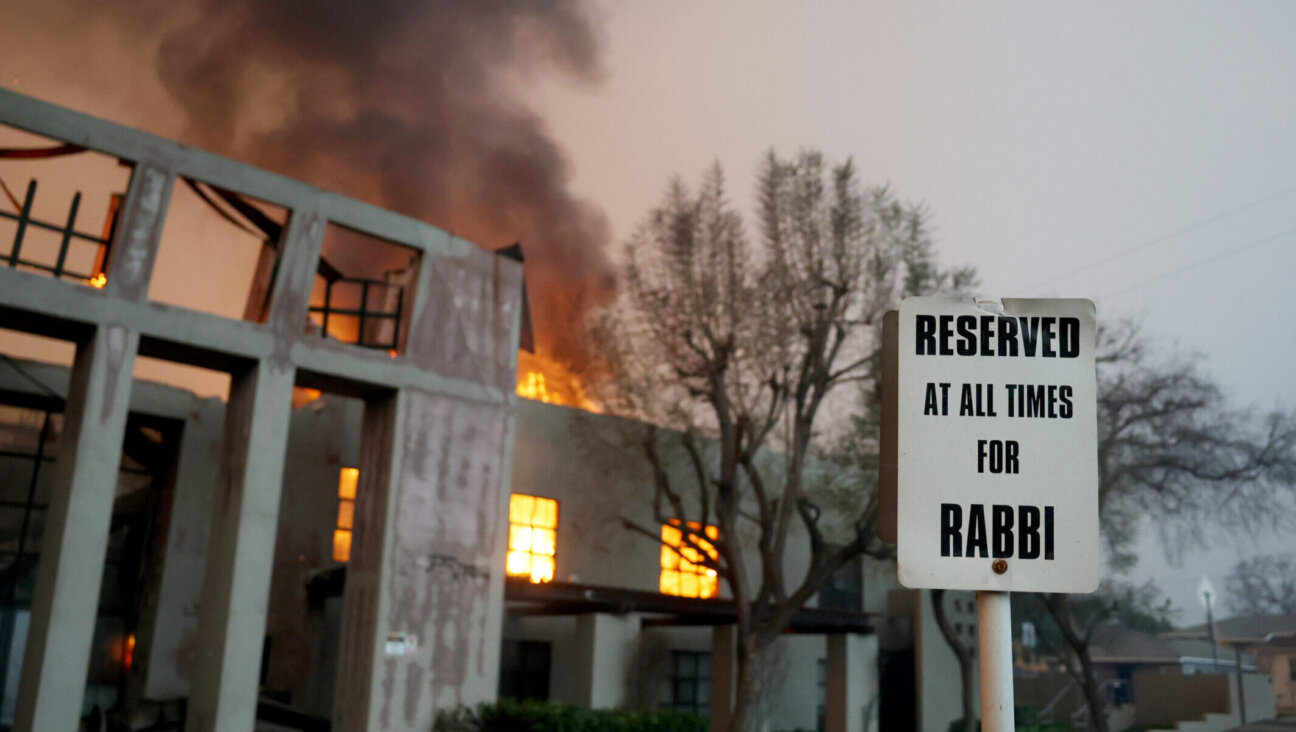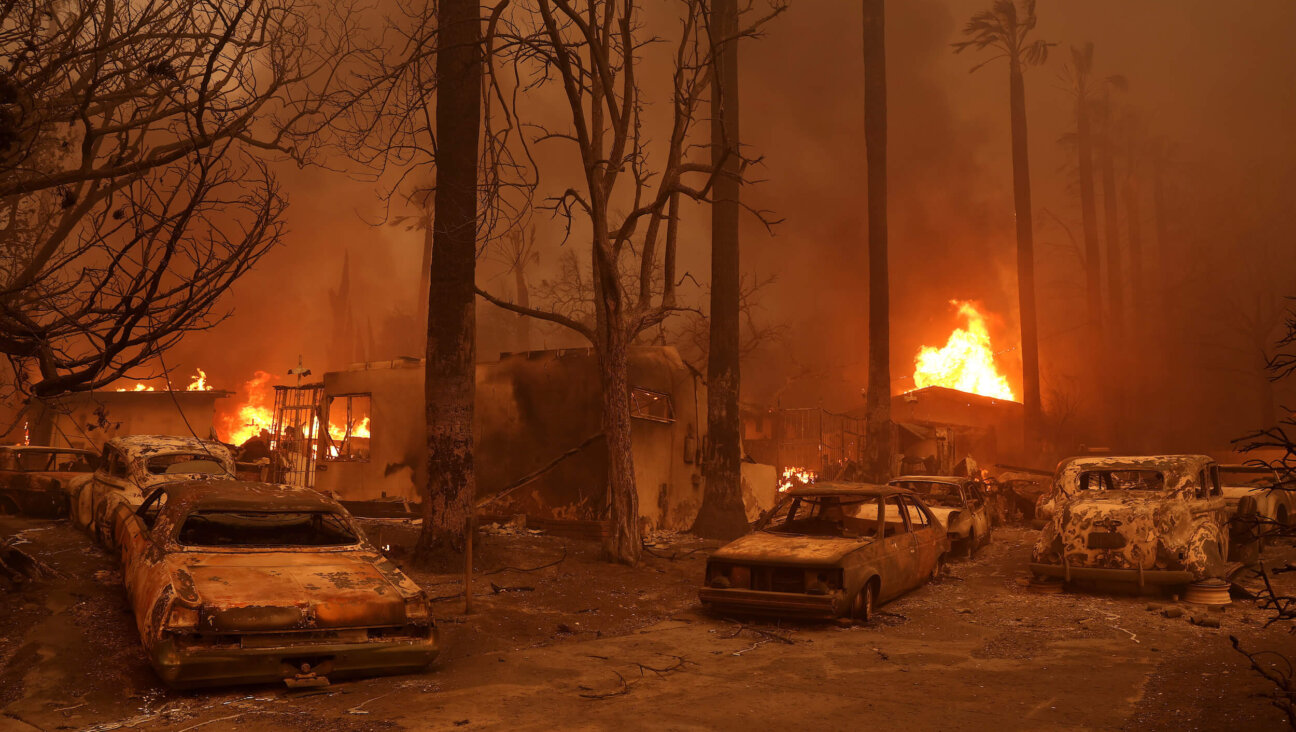West Bank Village Joins UNESCO Heritage Program
A Palestinian village joined UNESCO’s world heritage sites list on Friday after an emergency nomination meant to try to block Israel from building a barrier across its ancient farmland.
The United Nations Educational Scientific and Cultural Organization said the village was recognized urgently in view of “construction of a separation wall that may isolate farmers from fields they have cultivated for centuries”.
The UNESCO World Heritage Committee, meeting in Qatar, added the farmed valleys at the village in the occupied West Bank near Jerusalem feature picturesque stone terraces that risk “irreversible damage” were the barrier to be constructed.
Israel says its barrier of razor wire fences and concrete walls has been built across the West Bank for security reasons. Some of the work begun in 2003 has yet to be completed.
Palestinians argue the barrier deprives them of land where they want to establish an independent state.
The emergency application was an example of the Palestinian leadership’s strategy to join U.N. agencies and sign U.N. treaties to boost its claim to statehood.
The UNESCO statement did not mention Israel, saying only that “the landscape had become vulnerable under the impact of socio-cultural and geo-political transformations.”
In 2012, Israel’s high court urged that the barrier in the Battir area be re-routed, a rare incident of support from an Israeli government agency for a Palestinian challenge.
In the vote in Doha on Friday, 11 members of the committee supported listing Battir, three opposed the proposal and seven abstained.
Rula Ma’ayah, the Palestinian Minister of Tourism and Antiquities, praised the decision, telling Reuters it guaranteed the village international protection against “allowing the Israeli occupation authorities to damage it”.
The birthplace of Jesus in Bethlehem is another Palestinian site inscribed on UNESCO’s list. The old city walls of Jerusalem are also a world heritage site.
Israel has annexed east Jerusalem as part of its capital in a move never recognized internationally, while Palestinians want it to be the capital of a future state.
A message from our Publisher & CEO Rachel Fishman Feddersen

I hope you appreciated this article. Before you go, I’d like to ask you to please support the Forward’s award-winning, nonprofit journalism so that we can be prepared for whatever news 2025 brings.
At a time when other newsrooms are closing or cutting back, the Forward has removed its paywall and invested additional resources to report on the ground from Israel and around the U.S. on the impact of the war, rising antisemitism and polarized discourse.
Readers like you make it all possible. Support our work by becoming a Forward Member and connect with our journalism and your community.
— Rachel Fishman Feddersen, Publisher and CEO























